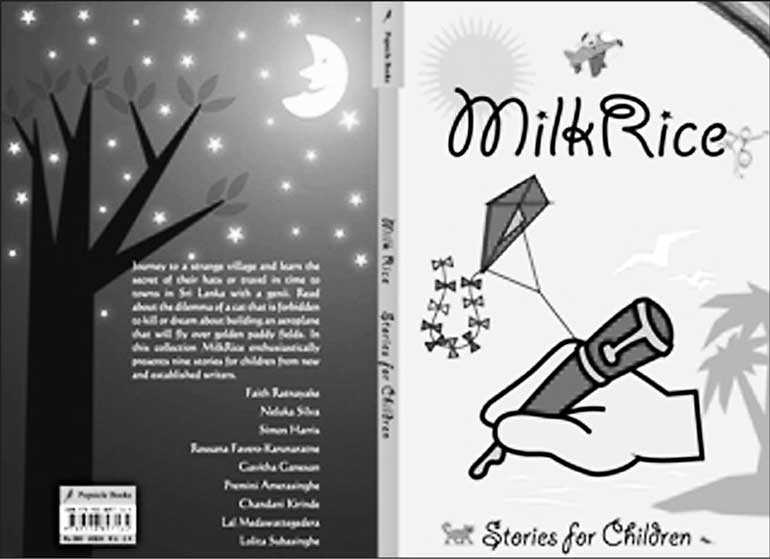Monday Feb 16, 2026
Monday Feb 16, 2026
Saturday, 6 April 2019 00:02 - - {{hitsCtrl.values.hits}}

 Mobile phones and other such devices have become so prevalent in our society that they have steadily percolated down to children of school-going age. In many social settings it is rare to see a child without a device or one who is not intent on gaming or checking their media updates rather than interacting with those present. Today, you will rarely see a child who will voluntarily read a book or even discuss it with a friend.
Mobile phones and other such devices have become so prevalent in our society that they have steadily percolated down to children of school-going age. In many social settings it is rare to see a child without a device or one who is not intent on gaming or checking their media updates rather than interacting with those present. Today, you will rarely see a child who will voluntarily read a book or even discuss it with a friend.
Parents will wring their hands saying their children don’t do well in school, that they themselves don’t have the time or skills to check homework, and will find the quick-fix solution that has become a national panacea by enrolling their offspring in the nearest tuition class. Even more than mainstream formal education, these classes are geared to helping kids pass exams rather than actually teaching them something. So yes, their grades may improve but the intellectual curiosity that education is supposed to awaken will not be imparted to young minds. Informal reading or reading for pleasure is a domain that has not been nurtured and in an increasingly competitive school environment is something that has fallen by the wayside in favour of the mad rush to accomplish the school- to tuition class- to homework routine.
However, leisure reading is something that will widen one’s horizons in a subtle manner, enabling one to see the world differently. This in turn will make school education more attractive by formalising that knowledge. The biggest problem of course, is to bridge the gap between what adults want children to read by themselves and learn from and what children themselves find interesting enough to read.
With that in mind, a few years ago, Ameena Hussein put out a call for stories from various authors and chose nine stories from nine emerging and established authors. These stories take kids on magical journeys, they establish bonds of friendship, look at time travel that gives historical perspectives, explore why some cultures wear hats, show how to overcome bullying in schools, give lessons on how to live in peace, on how to follow one’s dreams, on how children can bring about positive change in world events and on how to live compassionately. They impart soft competencies that are generally not acquired in school. None of the stories are moralistic, nor will they hit you on the head with their message.
Apart from their storyline which is the first hook, these stories will impart subtle, almost un-noticed lessons. Even though they are uniformly educative, the stories are not educational and are probably the reason for their enduring popularity. As with the books that followed this theme (Milk Rice 2 and Vampire Umpire) this book too was approved for school libraries by the Ministry of Education. So, ask your kids to look out for it in their school library.
One of the most heartening comments about this book came from a friend of mine who had given Milk Rice 1 as a gift to his daughter. He said the whole family went to a religious ceremony together, but his daughter preferred to read the book rather than get involved in the ceremony! And that is the type of story we like to hear, as it gives us assurance that we’re reaching our audience.
(Sam Perera is a partner of the Perera-Hussein Publishing House which publishes culturally relevant stories by emerging and established Lankan and regional authors – for a primarily Lankan audience. Ph books are available everywhere books are sold and through www.pererahussein.com)